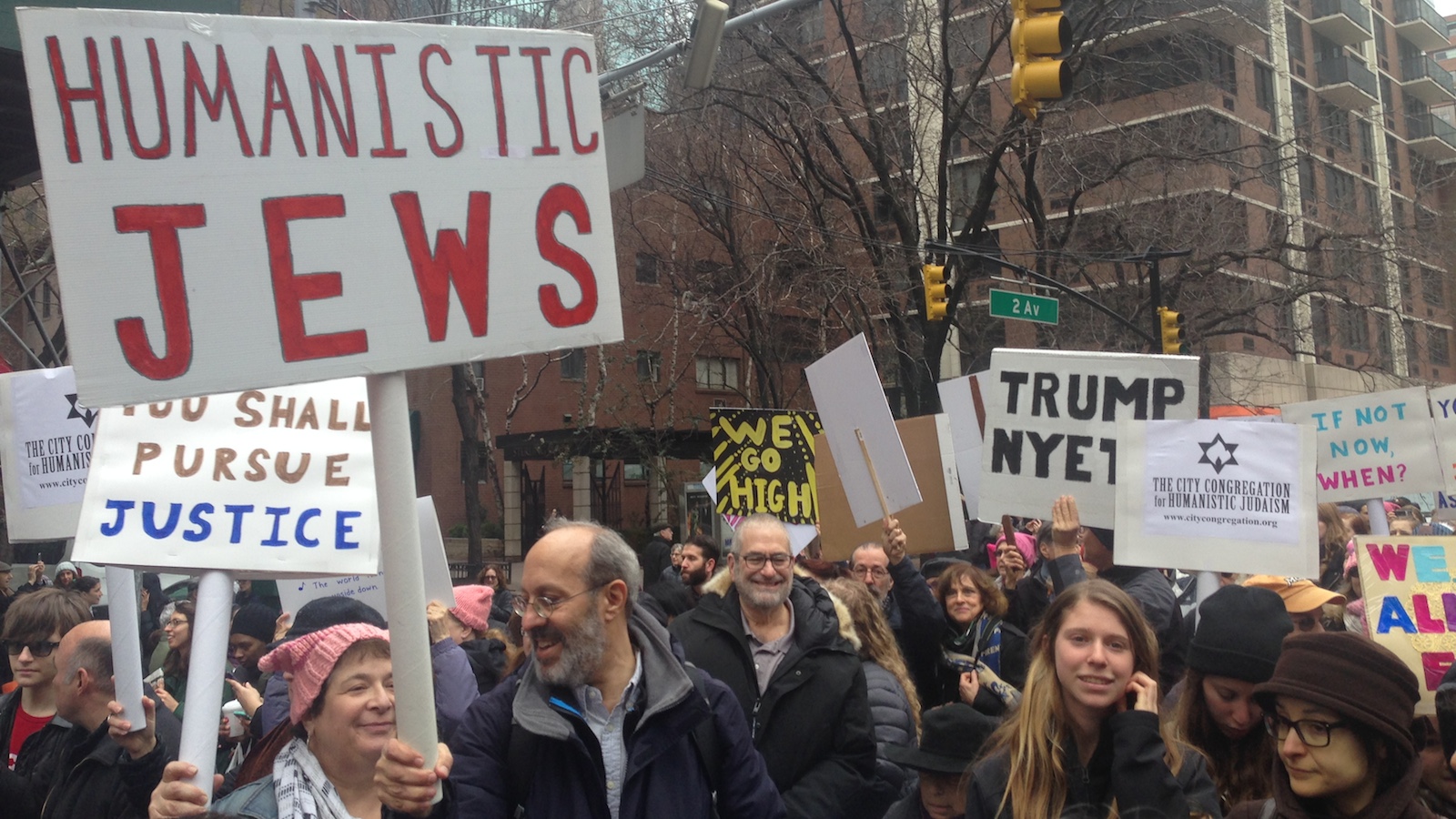Commentary on Parashat Vayikra, Leviticus 1:1-5:26
One of the frequent comments I hear is that experiences of engaging in social justice are more profound than other aspects of religious life. For those who find a formal synagogue spiritually stultifying, an opportunity to contribute to the work of a soup kitchen or mentoring a child in need may provide an experience of the transcendent.
On the one hand, I applaud the desire to find meaning in endeavors that benefit other people, and recognize these moments as inherently holy. But I am distressed that so many are disenchanted with a system of ritual that is itself abounding in significance and which has been hallowed by centuries of practice. I would like to think that Jewish ritual serves as a potent catalyst for softening one’s heart and expanding one’s mind, important pre-requisites for any socially conscious person.
Isaiah’s Quandary
This quandary is not new. It is expressed quite eloquently by the prophet Isaiah in the haftarah, the prophetic reading, for Yom Kippur:
…you fast in strife and contention, And you strike with a wicked fist!… Is such the fast I desire, A day for men to starve their bodies? Is it bowing the head like a bulrush, And lying in sackcloth and ashes? Do you call that a fast, A day when Adonai (God) is favorable?
Isaiah emphasizes what to us might seem obvious: that ritual observances can be divorced from the ethical treatment of other human beings. The power of his words renders his message an eternal one. Ritual without social justice is simply a lie. Isaiah supplies his own prophetic vision:
With your help, My Jewish Learning can provide endless opportunities for learning, connection and discovery.
No, this is the fast I desire: To unlock fetters of wickedness, And untie the cords of the yoke, To let the oppressed go free; To break off every yoke. It is to share your bread with the hungry, And to take the wretched poor into your home; When you see the naked, to clothe him, And not to ignore your own kin.
For Isaiah, the religious expression desired by God is k’vod ha-bri’yot, respect for other human beings as creatures formed in the image of God. Quite naturally, this principle is fulfilled to its highest degree by providing for the most poor and vulnerable. Such is the true measure of a society that strives to bring holiness into its midst.
Perhaps part of what moves us when we participate in experiences of furthering social justice is the intimate contact with others. We all know that any one of our efforts is but a minute contribution in the larger context of society’s ills, but the contact we have with other people seems a world unto itself. We all know that our contributions of presence, of compassion and respect nourish others in equal if not greater measure than the food, clothing, toiletries, or other resources we contribute.
In our Torah portion this week, which begins the book of Leviticus, we learn that the intimacy integral to social justice is a foundation of truth. Within the first few verses, a drama of immeasurable proportions has occurred. Moses, who transmitted the design of the Mishkan, the portable sanctuary in the desert, and oversaw its construction, is unable to enter, for God’s presence fills the Mishkan. But in the opening verses of our parashah, God invites Moses into the Mishkan, this portable tent, for an uninterrupted conversation.
The rabbis elaborate on the intimacy God and Moses share. It was not only that God spoke to Moses, but God spoke only to Moses, as the divine voice was not audible outside the tent. Moses stood not at the entrance of the tent, but in its innermost chamber.
Finally, God’s voice spoke to Moses from a single point, between the images of keruvim, the heavenly creatures that adorned the ark holding the Ten Commandments. The episode is singularly private, intimate, secluded.
Moses Understands More Than Anyone
And in this tightly enclosed space, Moses understands God’s revelation in a manner unmatched by anyone. Certainly, Moses enjoyed a kind of access unique among the Israelites leaving Egypt. The rabbis emphasize that, unlike other prophets, God spoke to Moses panim el panim–face to face, as it were–in the highest degree of intimacy. Where there is intimacy, imply our rabbis, there is undeniable truth.
I would hope that we can learn from our experiences striving for tikkun olam (repairing the world), and infuse our prayer lives with greater depth and substance–that we can plumb the depths of that spark which we feel in a soup kitchen, across from a mentee or a bed-ridden elder, and hold onto it during Shabbat morning services.
My aim is not simply mercenary, to create an experience that “catches” people and lures them into the synagogue. Rather, it is to strive to realize the vision of Isaiah, to bring our lives into an integrated whole.
We pray so that we can soften our hearts and render ourselves better vehicles for God’s presence, as we cultivate awe for the humanity, which is God’s creation. We attend to the cultivation of compassion and humility so that we can better alleviate suffering and pain.
And the contact with other human souls in turn reminds us of the depth and resilience of the spirit with which we are uniquely endowed. And through social justice, we discover that the truth enlightens all aspects of our lives and propels us to seek and feel more deeply.
Provided by SocialAction.com, an online Jewish magazine dedicated to pursuing justice, building community, and repairing the world.
ark
Pronounced: ark, Origin: English, the place in the synagogue where the Torah scrolls are stored, also known as the aron kodesh, or holy cabinet.
Shabbat
Pronounced: shuh-BAHT or shah-BAHT, Origin: Hebrew, the Sabbath, from sundown Friday to sundown Saturday.
Torah
Pronunced: TORE-uh, Origin: Hebrew, the Five Books of Moses.



